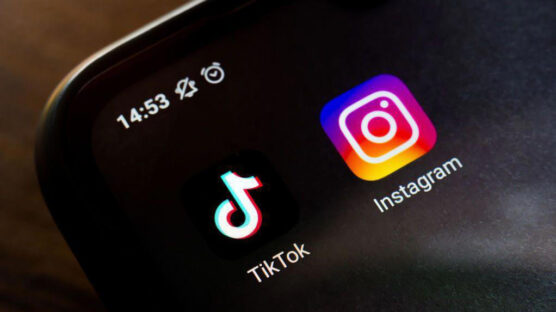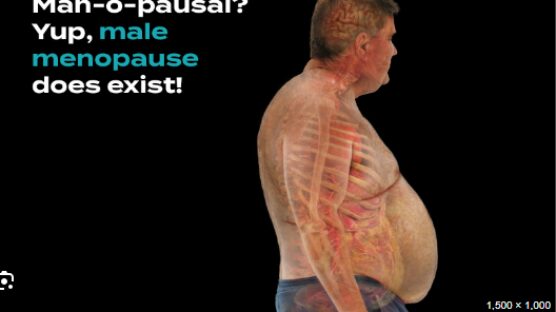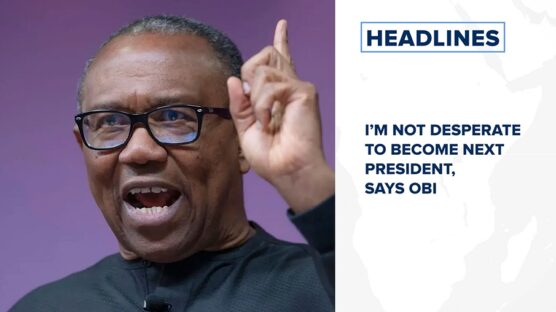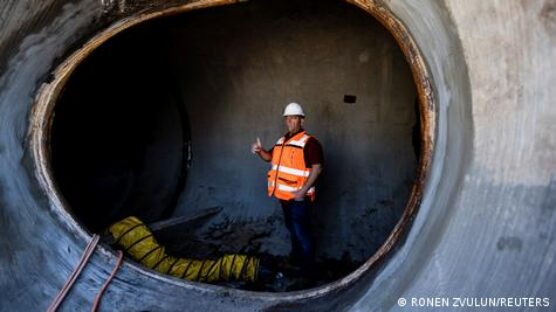Digital art and the NFT revolution
By France24
27 May 2021 |
11:03 am
NFTs – or non-fungible tokens – are effectively a digital proof of sale, and it's fair to say they’re having a moment. Most recently an iconic YouTube home video from 2007 called "Charlie bit my finger" has been sold for a six-figure sum as an NFT, with the family who made it pledging that the winning bidder is now "the sole owner of this lovable piece of internet history". So how exactly do NFTs work? And could they transform the way we do business in the future? We speak to financial technology expert James Bowden, a lecturer at the University of Strathclyde.
In this article
Related
Related
13 Apr
Volkswagen will expand its production and research facilities in Anhui province as the German automaker looks to reclaim its title as China's top-selling car brand.
14 Apr
TikTok is seemingly developing a photo-sharing app like Instagram.
17 Apr
With Nigeria’s key lending rate at 24.75 per cent, developers in Nigeria’s real estate sector say the rate is fast impacting the growth of the industry. How are developers adapting to market shifts and new opportunities amid these challenges? Ayoolanrewaju Kuyebi, the MD and CEO GMH Luxury joins CNBC Africa for this discussion.
17 Apr
In Nigeria, a pharmacist's club create awareness about andropause. They de-stigmatizes andropause and advocates regularly healthy checks.
4 days ago
Australian scientists say the Great Barrier Reef – the world's largest coral reef, stretching over 2,300 kilometres along the country's northeastern coast – is undergoing its seventh "mass bleaching" event since 1998. This comes after they conducted aerial surveys of more than 300 shallow reef. Faced with climate change, coral reefs are the most vulnerable ecosystems in the world. But various techniques are being experimented to restore them
2 days ago
The world of work is undergoing a rapid transformation, constantly reshaping how we think about work, careers, and success. The rise of remote work, the increasing importance of skills over degrees and of course, the impact of artificial intelligence and automation has all led to what we now call the new work era.
Latest
38 mins ago
Private sector players are urging the Nigerian government to suspend the increase in electricity tariff for band A customers, citing the recent appreciation of the naira, a part of the determining factor for the tariff. Segun Ajayi-Kadir, Director General of the Manufacturers Association of Nigeria, joins CNBC Africa for this and more.
59 mins ago
Amnesty International is accusing Israel of a flagrant disregard for international law during its offensive in Gaza. The organisation's annual report says the situation is being compounded by the failures of Israel's allies to stop the indescribable civilian bloodshed being seen in the Palestinian enclave.
1 hour ago
The president of the Confederation of African Football (CAF) Patrice Motsepe discussed his ambitions for African football and his tenure as CAF president.
1 day ago
Find these stories and much more when you grab a copy of The Guardian on Thursday.
1 day ago
Tunde Onakoya, the Nigerian Chess expert who smashed the previous Guinness World Record for the longest chess marathon has returned to Nigeria. The founder of Chess In Slums Africa broke a new record of 60 hours of playtime in New York’s Times Square last Saturday, which is still receiving confirmation from GWR.
1 day ago
Israel's economy suffered a major contraction in the final quarter of 2023, following the terrorist attacks. Its economy shrank by 5.2% compared with the previous quarter. Much was related to the labor force disruption which resulted when around 300,000 reservists were called up to the country's armed forces.
×

Get the latest news delivered straight to your inbox every day of the week. Stay informed with the Guardian’s leading coverage of Nigerian and world news, business, technology and sports.


















0 Comments
We will review and take appropriate action.